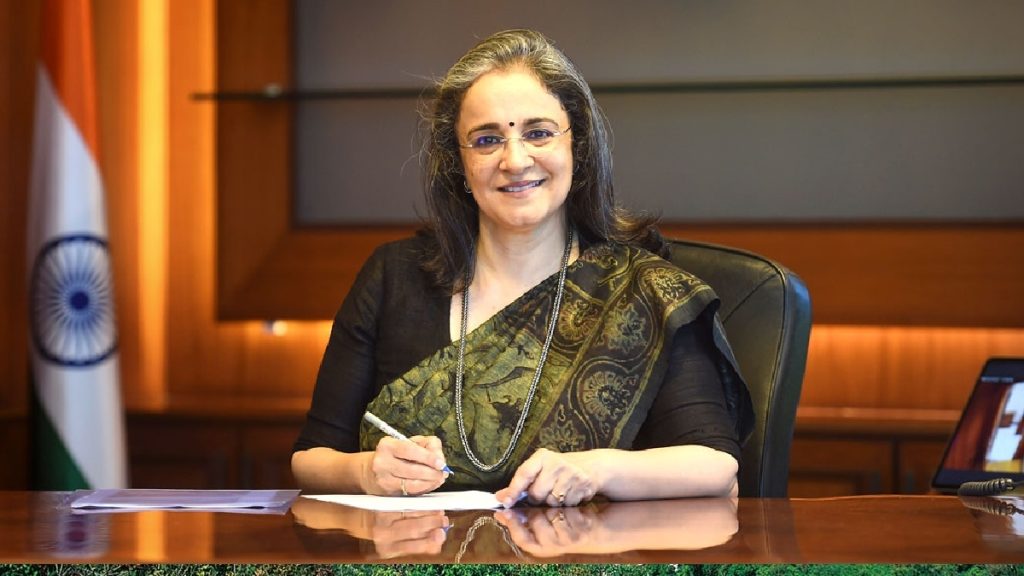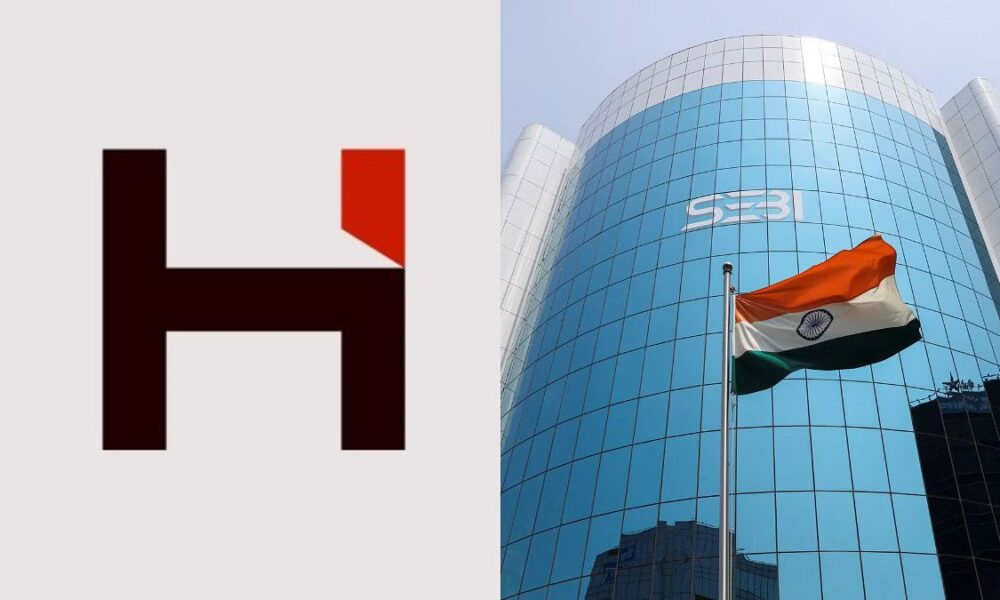The ongoing dispute between American short-seller Hindenburg Research and India’s market regulator SEBI took a new turn on Sunday. Hindenburg Research accused Securities and Exchange Board of India (SEBI) Chairperson Madhabi Buch of conflicts of interest and financial impropriety, particularly concerning her connections with the Adani Group.
The research firm claimed that SEBI’s alleged leniency towards the Adani Group is linked to Buch’s personal investments and connections.
Hindenburg’s Allegations Against SEBI Chief

Hindenburg Research’s accusations stem from its belief that Madhabi Buch’s ties to the Adani Group compromised her ability to impartially oversee investigations into the conglomerate.
The firm pointed out that Buch had investments in offshore funds connected to the Adani Group, which it claims represents a significant conflict of interest. The fund in question was managed by Anil Ahuja, a childhood friend of Buch’s husband, Dhaval Buch, who also served as a director in the Adani Group at the time.
Hindenburg further alleged that Buch, despite holding a significant position in SEBI, maintained active consulting businesses. The firm claimed these businesses continued to generate revenue, raising concerns about whether her clients included entities regulated by SEBI.
Hindenburg emphasized that Buch transferred shares of her consulting firms to her husband’s name only after she was appointed SEBI Chairperson. They also questioned if Buch used her official position to benefit her consulting business.
Questions Raised by Hindenburg
Hindenburg Research did not shy away from raising pressing questions about the transparency of Buch’s actions. The firm questioned whether the consulting entities associated with Buch had clients who are under SEBI’s regulatory oversight.
They demanded full public disclosure of her consulting clients and their engagements. The research firm also urged for a transparent and thorough investigation into these matters.
Additionally, Hindenburg pointed out that Buch’s statement confirmed her investment in a fund structure linked to Adani’s brother, Vinod Adani.
The research firm argued that this was a clear conflict of interest, as SEBI was responsible for investigating the same investment funds. Hindenburg questioned the integrity of the regulatory process under Buch’s leadership.
SEBI Chairperson and Her Husband’s Defense
In response to Hindenburg’s allegations, Madhabi Buch and her husband, Dhaval, issued a joint statement defending themselves against what they termed as “baseless accusations.”
They explained that their investments in the fund promoted by IIFL Wealth Management were made as private citizens while they were based in Singapore, two years before Madhabi Buch joined SEBI in 2017.
The Buchs clarified that their investment decisions were made based on the advice of Anil Ahuja, who had no influence over the Adani Group’s investments. They stressed that the fund never invested in any Adani Group companies.
They also addressed the concerns regarding Dhaval’s association with Blackstone, stating that his role was unrelated to Adani and focused on supply chain management.
Regarding the consulting businesses, the Buchs explained that the entities became dormant once Madhabi joined SEBI.
However, after Dhaval’s retirement, he resumed consulting work through these entities for prominent clients in India. They emphasized that all relevant disclosures were made to SEBI, Indian tax authorities, and Singaporean authorities.
Political Fallout and Public Reaction
The political landscape in India quickly reacted to Hindenburg’s renewed accusations. Opposition parties, particularly those in the INDIA bloc, demanded Madhabi Buch’s resignation as SEBI Chairperson.
They also called for a joint parliamentary committee (JPC) to investigate the matter. Meanwhile, the ruling BJP accused the opposition of attempting to create financial instability in India through these allegations.
Hindenburg Research’s confrontation with SEBI and Madhabi Buch has escalated significantly, particularly following the publication of their explosive report in January last year. The report accused the Adani Group of corporate malfeasance and stock manipulation, sparking a bitter public dispute.
Hindenburg’s recent claims further complicate the situation, alleging that Madhabi Buch’s involvement with the Adani Group and her personal investments have compromised the integrity of SEBI’s investigations.
The allegations brought forward by Hindenburg Research have opened up a Pandora’s box of questions regarding the ethical conduct of SEBI’s leadership.
As this controversy unfolds, the credibility of India’s market regulator is under intense scrutiny. The demand for transparency and accountability is growing louder, not just from Hindenburg but also from political circles.
Whether SEBI will respond with the required level of transparency and whether Madhabi Buch will address these concerns adequately remains to be seen. The outcome of this dispute could have significant implications for the integrity of India’s financial regulatory environment.





